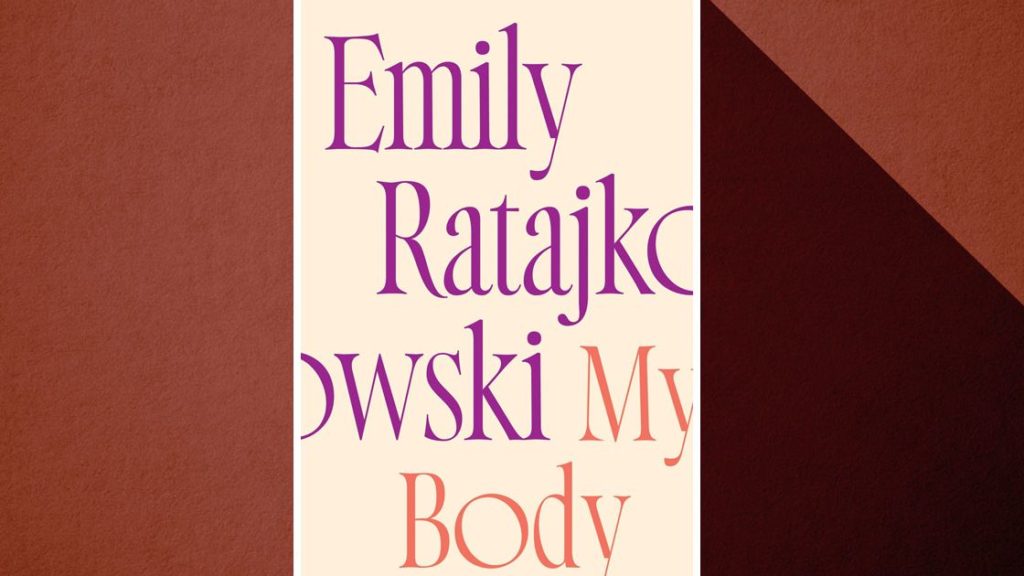Over the first 60 seconds of visual artist and writer Hannah Black’s 2014 short video My Bodies, a chorus of Black female vocalists — including Beyoncé, Rihanna, Ciara, and Mariah Carey — croon the phrase “My body,” as a montage of images of smiling white men in suits dominate the visual frame.
Her body had paid her way to the island with the promise that her photographed presence might generate a man’s profit — she knows she’s “an advertisement, not a vacationing guest.” So as she stages her sponsored photos for social media, she seizes the opportunity to promote her own business, cleverly opting to don her own bikini line for the post.
The essay, which recounts Ratajkowski’s experience of being sued for posting a paparazzi photograph on her Instagram, as well her efforts to recoup her image from an ex-boyfriend and a predatory photographer, wrestles with the elusiveness of personal empowerment and the possibility of self-possession in a digital age.
Yet as the discourse marched on it prompted more serious critiques — such as the one articulated by writer Haley Nahman, who questioned whether our “broadly deeming her piece politically expedient revealed something about how we currently define activism.” Now, with the publication of My Body, it’s clear that Ratajkowski is working with a more self-interested line of questioning — one that proves not to be in conversation with the questions Black’s work invokes regarding race, gender, class, and the corporeal.
My Body opens with a quote from art critic John Berger’s series Ways of Seeing, in which he questions the figure of the nude woman in western art: “You painted a naked woman because you enjoyed looking at her, put a mirror in her hand and you called the painting ‘Vanity,’ thus morally condemning the woman whose nakedness you had depicted for your own pleasure.” Before Ratajkowski was in that “Blurred Lines” music video, two Sports Illustrated swimsuit issues, and Gone Girl, she was a UCLA undergraduate student with a burgeoning passion for art history.
Much of the essay centers on her mother’s teachings about how brutal and beneficial assessments of beauty can be, and Ratajkowski proved to be a quick study: When a random woman mistreats her mother, the author, at age 3, already knows how to remedy her mother’s shift in mood: “They’re just jealous, Mama!” she declared.
Ratajkowski frames the development of her political consciousness as a process born of self-consciousness, a cancerous and consuming view of the self that the writer argues was pushed on her by patriarchal capitalist society.
Honoring our sexuality as women is a messy, messy business, but if we don’t try, what do we become?” Revisiting those words years later in the essay “Blurred Lines,” Ratajkowski now admits that her argument was shortsighted.
Of these moments, Ratajkowski asks herself, “What is the power of my body? Is it ever my power?” She turns her resentment into a righteous declaration: “I will proclaim all my mistakes and contradictions, for all the women who cannot do so, for all the women we’ve called muses without learning their names, whose silence we mistook for consent.
My Body mostly omits the wider dialogues on desirability politics, media, labor, and power that make the book feel timely, carving out a vision of becoming that prizes the singularity of the author.
With each essay, Ratajowski flexes her capacity for self-narration, a musculature of the mind built by years of watching herself “being looked at.” She understands that any memoir is a vanity project, settling into this tradition without shame.
